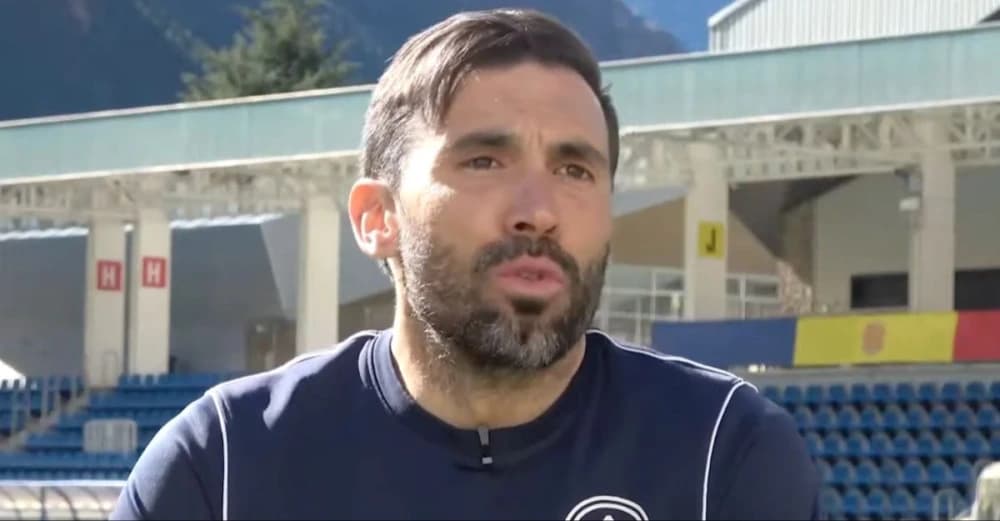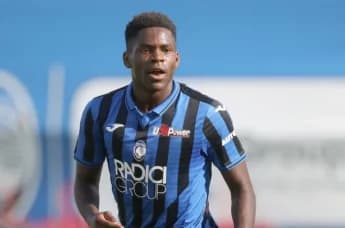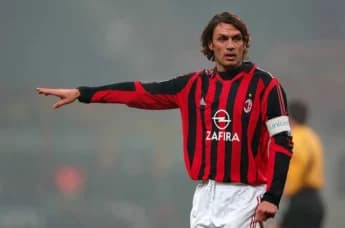Eder Sarabia is redefining La Liga coaching with humility, intellect, and fearless vision.
After a two-year absence from Spain’s top flight, Elche returned to La Liga with a statement. Their 4-0 dismantling of Deportivo in June wasn’t just a win — it was a declaration.
Many expected the newly promoted side to stumble back down. After all, Elche, the 20th-largest city in Spain and a modest force from Comunidad Valenciana, didn’t have the budget, the glamour, or the big names. Yet, those same underdogs now sit comfortably in eighth place, boasting three wins, five draws, and only two defeats — a run few could have predicted.
For their coach, Eder Sarabia, Sunday’s trip to Barcelona carries an extra layer of meaning. It’s more than just another fixture. It’s a return to the very club where his coaching journey took a harsh but defining turn — one that reshaped his philosophy, his leadership, and his understanding of the game.
From Legacy to Reinvention
Born in Bilbao, Eder Sarabia was destined to live under a shadow — that of his father, Manu Sarabia, a legendary figure for Athletic Club, who helped deliver back-to-back league titles in the early 1980s. But Eder’s path wasn’t lined with the same glory. His playing career never rose above Spain’s third division. Yet, what he lacked in success as a player, he made up for in vision as a coach.
“I thought I was going to be a footballer,” he once admitted. “But it didn’t work out. Coaching fulfilled me from the very beginning.”
That humility defined him early on. While others chased fame, Sarabia studied — both life and football. Encouraged by his mother, he pursued engineering, even stacking supermarket shelves in Bilbao, where he learned, in his own words, “the real value of things and what it means to earn your way.”
The Journey to Elche
At just 24, Sarabia swapped boots for a clipboard. He began coaching at Cruces, then moved to Danok Bat, a Basque academy known for developing young talent. By 2011, he was at Villarreal, and two years later, managing their C team — a stepping stone toward the professional ranks.
Everything changed when he crossed paths with Quique Setién. The two shared a footballing vision built on intelligence, bravery, and tactical artistry. “My father and Quique were my two footballing fathers,” Sarabia says. Together, they worked side by side at Las Palmas, Real Betis, and later Barcelona — experiences that tested and transformed him.
Lessons from Barcelona
Sarabia’s time at Barcelona was as turbulent as it was transformative. As Setién’s assistant, he found himself at the heart of one of the world’s most scrutinized clubs — where even the smallest gesture could spark headlines. Reports of tension with senior players, including Lionel Messi, made waves across the media. But Sarabia looks back with calm reflection, not resentment.
“Leo isn’t just the best ever — he understands the game like no one else,” he says. “He’s a winner. He gets frustrated when things don’t go right, but always because he cares.”
It was there, amid the pressure and politics of Camp Nou, that Sarabia learned his greatest lesson — lead with authenticity. “You can’t pretend in this job,” he’s said before. “Players see right through you.”
A Vision Beyond Results
After parting ways with Barcelona, Sarabia took charge of FC Andorra, then owned by Gerard Piqué. In three seasons, he helped the club climb, modernize, and dream bigger. That success earned him the call from Elche, where he has since reignited belief in both the fans and the squad.
Now signed through 2027, Sarabia has quickly built a reputation as one of Spain’s most forward-thinking managers — analytical yet emotional, strict yet inspiring.
He refuses to let Elche’s status dictate their ambition. “We’ll never play the same way twice,” he insists. “We adapt, but we always play to make people happy.”
His Basque roots remain at the core of his identity. “There’s a word in Basque — jatorra — it means being genuine, being good. My father always told me that football is for smart people, not cheats.”
Building a Legacy, Not Just a Record
For Sarabia, it’s never been about the short term. Results matter, but meaning matters more. “If I stay for life, great,” he says. “If not, I want to leave something behind — a foundation, a way of doing things that helps the club grow long after I’m gone.”
And that’s exactly what he’s doing — quietly rewriting the story of Elche, and perhaps his own.







